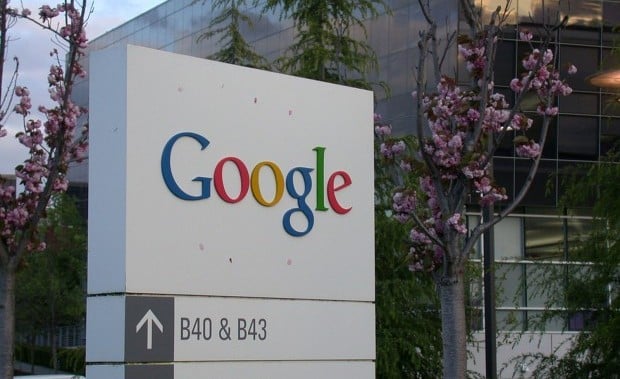Google, which has been carbon neutral since 2007, has been a real leader in the building of green data centers, even powering them with renewable energy. Credit: Jurgen Plasser/Flickr
Dear EarthTalk: What is the environmental impact of so many people now using sites like Facebook and spending so much time online? — Bob Yearling, Paris, TX
The environmental impact of so much online time really boils down to energy usage, which in turn affects the amount of greenhouse gases we pump into our atmosphere. For one, each of us can help by limiting computer time (whether surfing the ‘net or not) and shutting them down or putting them into sleep mode when we aren’t using them (this can be automated via the computer’s power management control panel).
Also, when shopping for a new computer, consumers and businesses alike can opt for models certified by the federal government as energy efficient with the Energy Star label. If all computers sold in the U.S. met Energy Star requirements, Americans could pocket $1.8 billion annually in saved energy costs and reduce greenhouse gas emissions by an amount equivalent to taking some two million cars off the road.
Individual responsibility aside, the creation and management of more efficient data centers by the major online hubs—especially as we enter the age of “cloud” computing whereby most of the software, content and services we look to our computers for resides online and is served to us as-needed—is what can have the biggest impact. Google, Facebook, and Amazon.com are already deeply committed to the cloud computing model, with Microsoft, Yahoo and others following suit accordingly.
For its part, Google has been a real leader in the building of green data centers, even powering them with renewable energy. The company recently released environmental footprint scores for several of its data centers. While the energy usage required to run its cloud services (Google Search, Google+, Gmail and YouTube) seems huge in the aggregate—it used 260 megawatt hours to power its data centers in 2010—it boils down to only 7.4 kilowatt hours worth of energy annually per user. Google reports that to provide an individual user with its services for a month uses less energy than leaving a light bulb on for three hours. And because the company has been carbon neutral since 2007, “even that small amount of energy is offset completely, so the carbon footprint of your life on Google is zero.”








